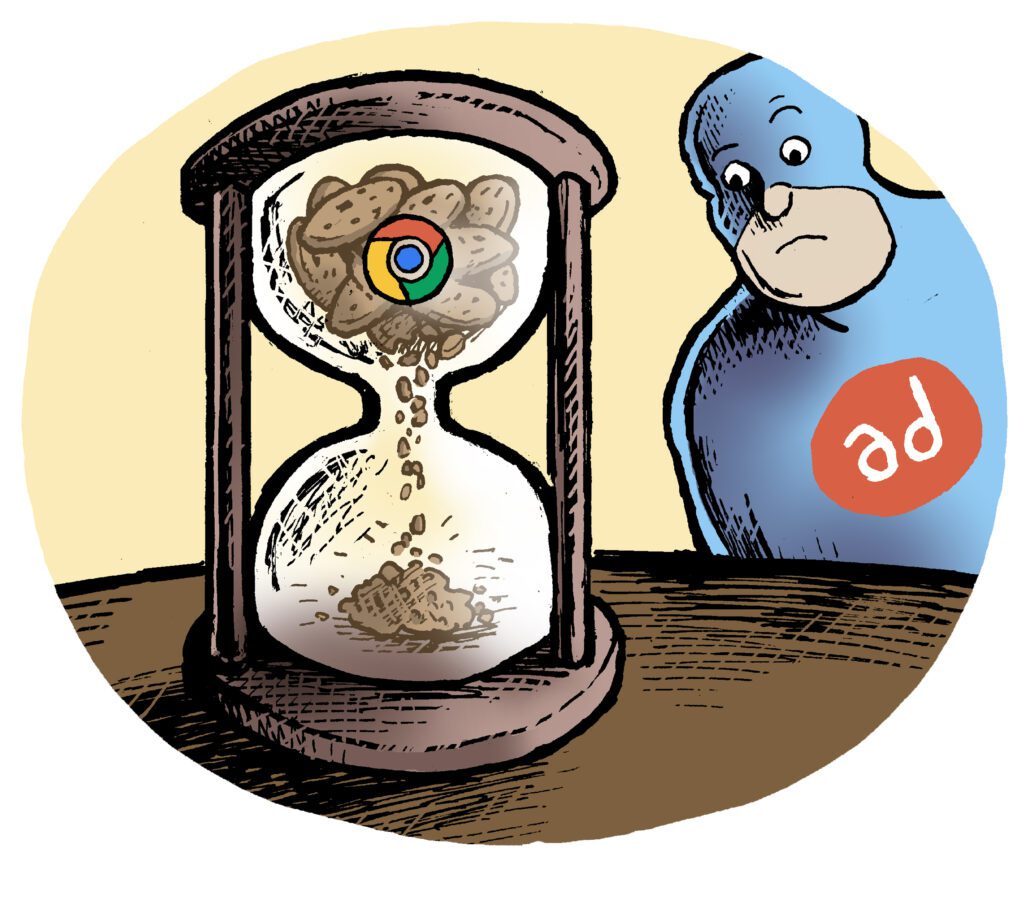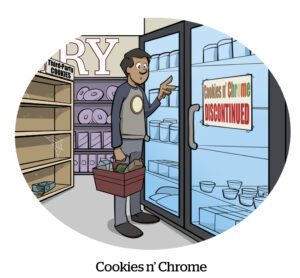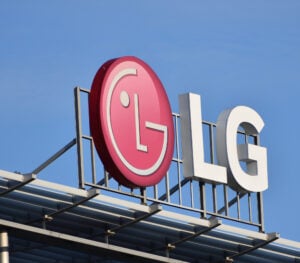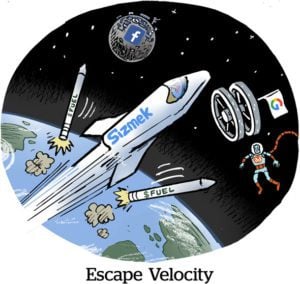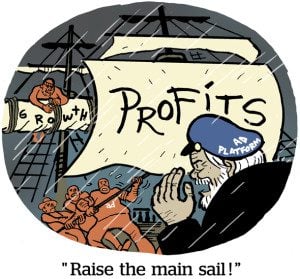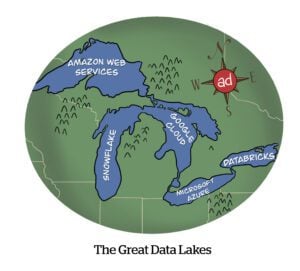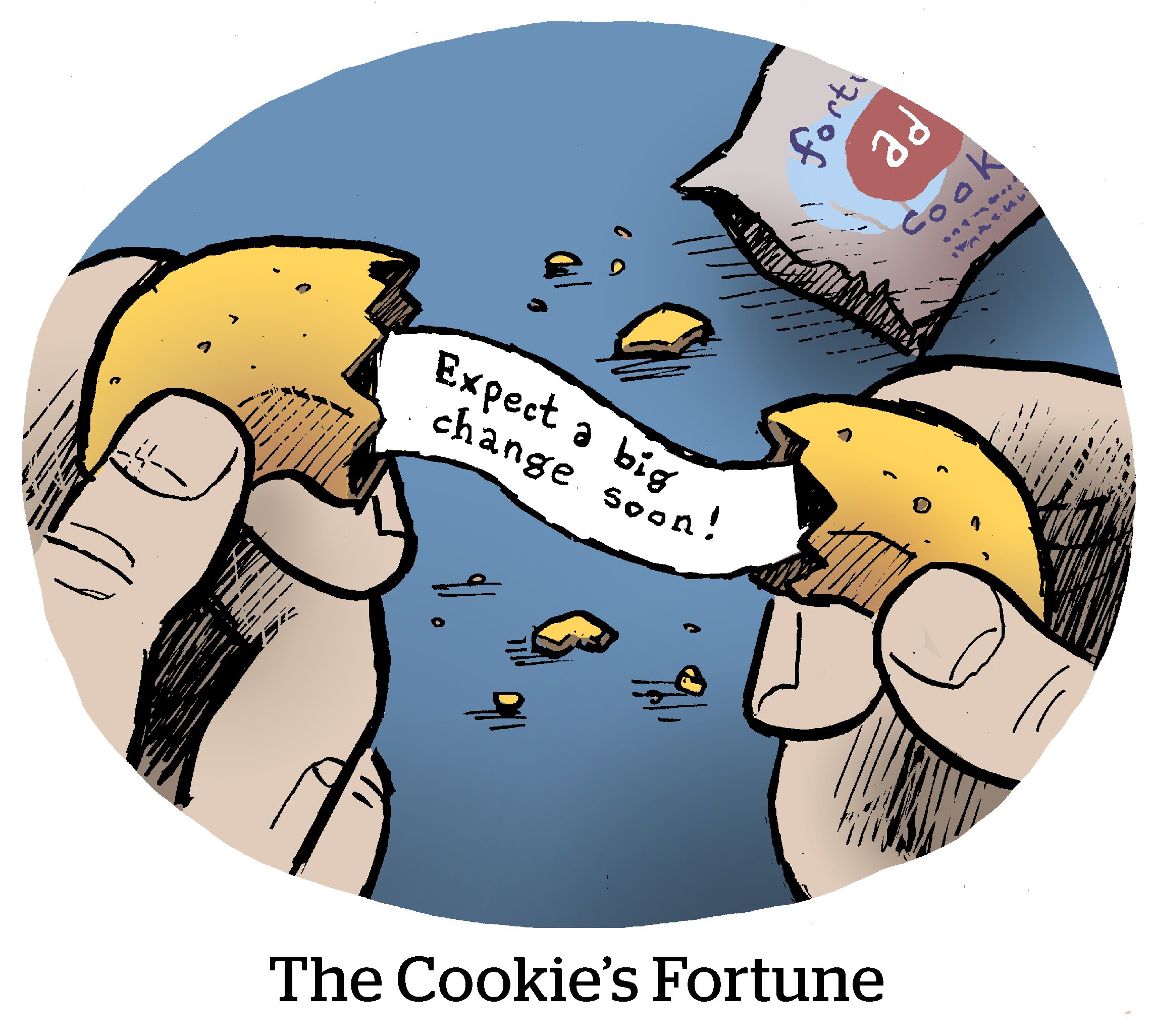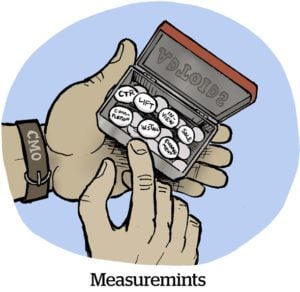With third-party cookie deprecation in Chrome beginning next year (so says Google, at least), buyers are finally building frameworks to test the Privacy Sandbox APIs.
Better late than never.
With support from Google, WPP-owned GroupM announced a new initiative on Wednesday to integrate Privacy Sandbox tests into the media plans of select clients over the coming year. Testing will focus on three Sandbox APIs: Topics, Protected Audiences and attribution.
GroupM is billing this as a “first-to-market” initiative.
Buy-side adoption of the Privacy Sandbox has been slow so far, but GroupM hopes the partnership with Google will spur more testing. Although the partnership isn’t exclusive, GroupM says it is the only agency Google will be providing this service to for an undisclosed period of time.
1%ers
With the cookie deprecation deadline bearing down, however, isn’t it a bit late to be getting started? Privacy Sandbox testing has been available for months.
But don’t blame buyers for being late to the party.
While it’s been possible to run small tests up to this point – which GroupM has done – true live testing will only be possible once Google deprecates third-party cookies for 1% of Chrome users starting in Q1 2024, said Richard Mooney, Privacy Sandbox workstream lead at GroupM.
The agency is building its testing framework now to ensure it can hit the ground running once the first phase of cookie deprecation is underway.
The initiative will test ad buys conducted through Google’s platform, as well as DSPs, SSPs and publishers that are integrated with the Privacy Sandbox APIs, Mooney said. The goal is to compare Privacy Sandbox campaign performance to campaigns that use third-party cookies and alternative IDs.
GroupM will choose an initial group of clients that have been proactive about testing and whose campaign goals fit within the testing framework. These clients will primarily be drawn from the US, UK, Germany, India and Australia markets, with the aim of building a diverse testing pool across different verticals.
After the framework is built and baseline performance is established, GroupM will extend the service to its wider client base. Any client participating in the program will have access to insights drawn from other client tests, Mooney said.
GroupM declined to name any participating clients at this time.
The GroupM program is “part of a broader set of efforts” on Google’s part to support Privacy Sandbox testing, a Google spokesperson told AdExchanger. However, they declined to say whether Google will launch similar efforts with other agency partners before it turns off cookies for 1% of Chrome traffic in January.
An extra layer of support
GroupM sees the initiative as addressing two key areas to drive adoption: working with ad tech partners to establish how they’re integrating Privacy Sandbox tools and working with GroupM clients to identify where Privacy Sandbox testing fits into next year’s campaign goals.
Clients chosen for the program will receive support from GroupM personnel across its data and tech, analytics and activation units. GroupM’s Chrome Privacy Sandbox team will work with a client’s existing planning and buying teams to identify areas of its 2024 media plan that could be used for testing.
For example, GroupM might recommend that an advertiser dedicate a portion of its Q1 brand lift budget to the Privacy Sandbox to test how branding campaigns perform using the new APIs.
Program participants will also receive additional support from Google that goes beyond simply answering the phone for tech support calls, Mooney said.
Since the testing is in its earliest stages, GroupM is not prepared to share any findings yet. But the agency plans to report findings from the testing process quarterly, starting at the end of Q1 2024.
The UK’s Competition and Markets Authority (CMA), which has oversight of the Privacy Sandbox, has asked for feedback from the advertising industry as stakeholders start testing the APIs. The CMA has said it will not allow Google to begin deprecating third-party cookies as planned next year if it fails to convince the regulator that its Sandbox solutions aren’t anti-competitive.
Facilitating Q1 testing for CMA feedback is one of the main reasons for the GroupM partnership, according to Google.
Mooney declined to specify what findings might arise during GroupM’s testing that could raise anticompetitive red flags for buyers. But he said he imagines the CMA will be watching GroupM’s quarterly testing reports closely.

